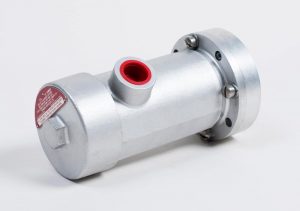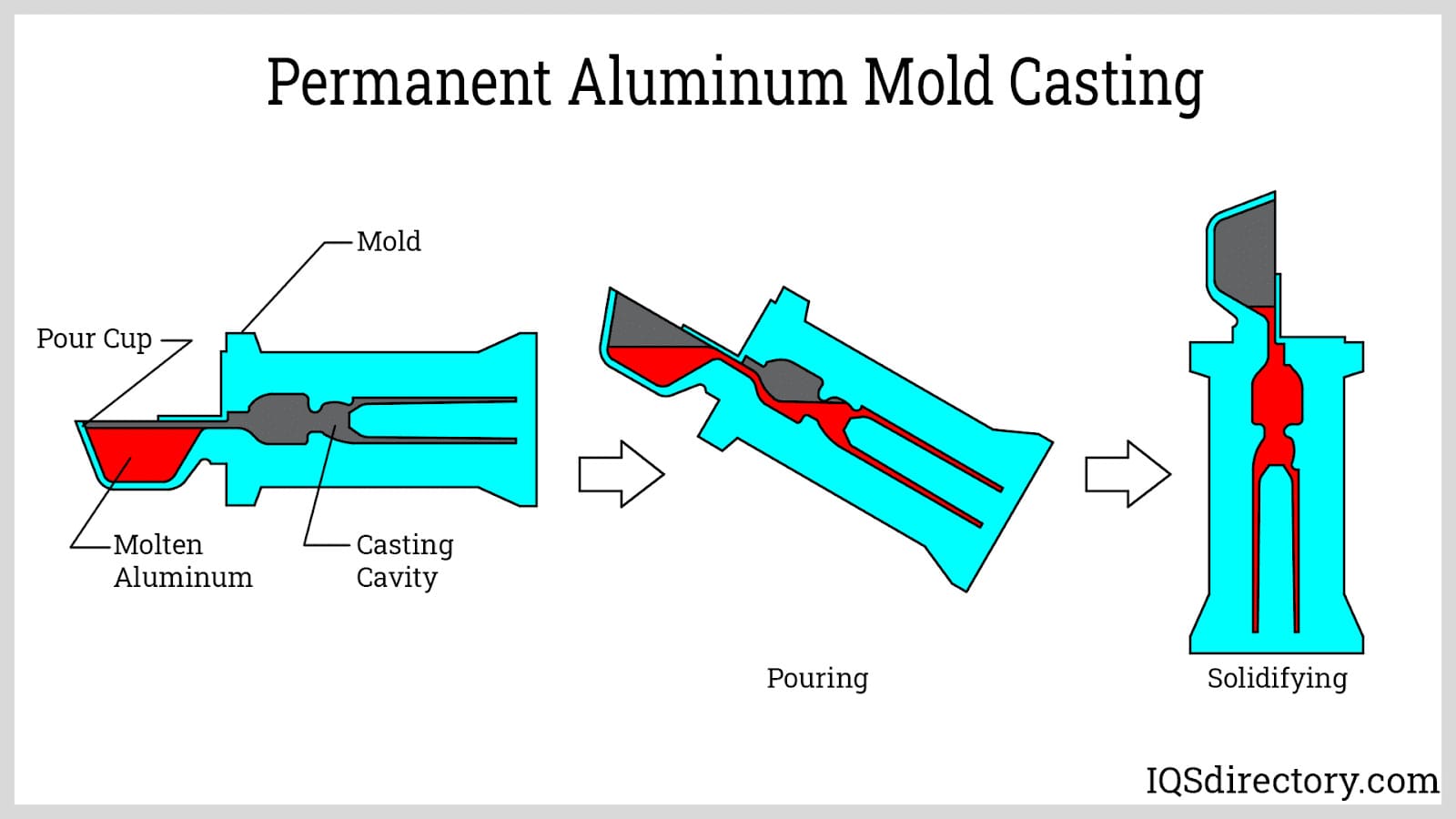How Wisconsin Aluminum Foundry leads in high-quality metal production
The Essential Usages of Aluminum Foundry in Different Industries and Their Effect
Aluminum factories work as an essential resource within many markets. Their lightweight and long lasting materials significantly improve efficiency in vehicle, aerospace, building and construction, and electronic devices fields. As each industry leverages light weight aluminum's special residential or commercial properties, they also contribute to sustainability efforts. This complex impact triggers a deeper exploration of how Aluminum formed these industries. What details technologies and advantages develop from its use?
Automotive Market Applications
The automobile sector significantly relies upon Aluminum Foundry applications to enhance car efficiency and performance. Aluminum's lightweight nature adds greatly to sustain economic climate, making it a preferred choice for producers aiming to reduce exhausts and enhance general lorry dynamics. Components such as engine blocks, transmission housings, and wheels are frequently generated with Aluminum spreading processes, allowing for intricate layouts that meet strenuous security and efficiency standards.

Aerospace Innovations

Additionally, using aerospace-grade Aluminum alloys enhances resistance to deterioration and fatigue, necessary for the demanding environments airplane face. Innovations in additive production also permit rapid prototyping and personalization of parts, reducing lead times and prices.
Building and construction and Framework
While the building and framework markets remain to progress, Aluminum factories are increasingly identified for their contributions to contemporary building methods. Aluminum's lightweight nature and high toughness make it a perfect product for different structural applications. Shops provide parts such as beams, frameworks, and frontages that improve the resilience and long life of structures and infrastructure tasks.
Light weight aluminum's corrosion resistance plays an essential function in prolonging the life-span of structures subjected to extreme ecological conditions. The power efficiency of Aluminum products also straightens with lasting structure campaigns, adding to lower energy consumption in building. In addition, innovative casting techniques have expanded the Aluminum Foundry design possibilities, permitting engineers and architects to create cosmetically pleasing yet useful frameworks.
Electronics Production
Aluminum factories play a substantial function in the electronic devices producing market, where the need for lightweight and thermally conductive products is extremely important. Aluminum Foundry. Components such as warmth sinks, housings, and brackets are often produced making use of Aluminum as a result of its exceptional thermal residential or commercial properties and capacity to dissipate warmth effectively. This is vital in digital tools, where getting too hot can lead to failing and decreased performance
The convenience of Aluminum enables for complex styles and specific machining, which are important in modern electronic devices. In enhancement, aluminum's non-magnetic homes make it appropriate for applications in sensitive digital equipment, lessening disturbance. Additionally, aluminum's resistance to corrosion boosts the durability of digital parts, ensuring durability and reliability.
Sustainability and Reusing Initiatives
Offered the raising emphasis on environmental obligation, the Aluminum Foundry market has made significant strides in sustainability and reusing initiatives. Aluminum is inherently recyclable, permitting factories to recover and recycle material with minimal energy expenditure contrasted to key production. This closed-loop recycling process not just reduces waste but also decreases greenhouse gas emissions, contributing to a more lasting manufacturing design.
Many foundries are taking on energy-efficient innovations, including eco-friendly power resources, to power their operations. This shift not only decreases dependence on nonrenewable fuel sources however additionally boosts overall functional performance
Sector cooperations are further advertising sustainable practices, such as sharing ideal methods and establishing cutting-edge recycling techniques. By prioritizing these initiatives, the Aluminum Foundry sector is positioning itself as a leader in lasting manufacturing, aligning with global targets for sustainability while meeting the demands of numerous industries.

Often Asked Inquiries
What Are the Main Benefits of Making Use Of Aluminum in Foundry Processes?
The key advantages of using Aluminum in Foundry procedures include its lightweight nature, outstanding deterioration resistance, high thermal and electrical conductivity, and convenience, enabling detailed layouts and effective recycling, inevitably boosting general manufacturing effectiveness and reducing costs. - Aluminum Castings
Exactly How Does Aluminum Foundry Impact Item Lifecycle Management?
Aluminum Foundry substantially boosts item lifecycle monitoring by making it possible for reliable material usage, minimizing waste, and assisting in recycling. Its lightweight properties improve transportation performance, while sturdiness prolongs product life expectancy, ultimately adding to sustainability and cost-effectiveness in production.
Are There Particular Difficulties in Aluminum Foundry Production?
Details obstacles in Aluminum Foundry manufacturing consist of taking care of temperature control, ensuring worldly top quality, minimizing waste, and adapting to rising and fall market demands. These aspects can impact efficiency, price, and general competition within the market.
What Precaution Are Essential in Aluminum Foundry Procedures?
Necessary safety procedures in Aluminum Foundry operations consist of personal safety equipment, correct air flow, normal tools maintenance, hazard communication, and emergency reaction training. Executing these methods assurances employee security and reduces threats connected with high-temperature metal handling.
Just how Does the Expense of Aluminum Compare to Other Metals in Foundry Usage?
The cost of Aluminum is generally less than that of metals like copper and titanium, making it an affordable choice for numerous Foundry applications. This affordability adds to its prevalent use throughout different sectors.
Aluminum foundries offer as an essential source within various sectors. The automotive industry progressively counts on Aluminum Foundry applications to boost lorry performance and effectiveness. The product's recyclability additionally straightens with the sector's push in the direction of sustainability, as recycled Aluminum calls for substantially much less power to procedure contrasted to key light weight aluminum. Aluminum foundries play a substantial duty in the electronic devices manufacturing industry, where the need for lightweight and thermally conductive products is vital. Provided the enhancing emphasis on ecological obligation, the Aluminum Foundry market has actually made considerable strides in sustainability and recycling efforts.